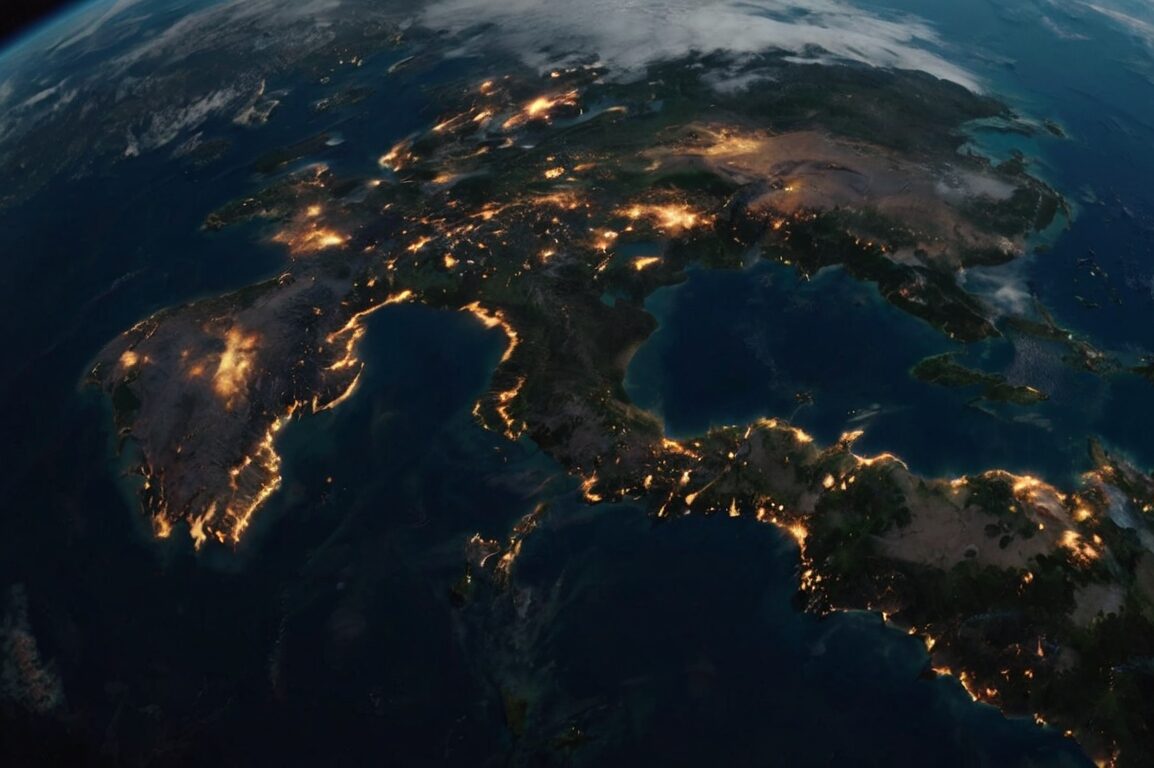The question, “When will the world end?” has fascinated humanity for centuries. From ancient prophecies to modern scientific forecasts, the curiosity surrounding this topic remains evergreen. Today, artificial intelligence (AI) adds a fresh perspective. But what exactly do AI systems predict about the end of the world? Are these forecasts rooted in fact, or do they merely fuel our collective imagination? This article delves deep into AI’s insights, predictions, and the implications for humanity’s future.
What Does “End of the World” Mean?
Before discussing AI predictions, it’s essential to define the “end of the world.” This phrase can mean different things depending on the context:
- Extinction of Humanity: A scenario where humans cease to exist.
- Planetary Destruction: The physical annihilation of Earth.
- Technological Collapse: A world where modern systems fail catastrophically.
- Cosmic Events: Natural phenomena leading to irreversible changes in our solar system.
AI systems often consider these distinctions when modeling potential outcomes. Understanding the scope helps frame the conversation more precisely.
AI Models: How They Predict the Future
Artificial intelligence uses vast datasets, advanced algorithms, and probabilistic modeling to make predictions. These systems analyze trends in areas like climate change, geopolitical instability, technological advances, and cosmic activity. By integrating this data, AI provides scenarios with varying probabilities, although it cannot definitively pinpoint exact outcomes.
Key Factors AI Considers:
- Environmental Changes: Global warming, biodiversity loss, and natural disasters.
- Technological Advances: Potential for AI singularity or uncontrolled biotechnological experiments.
- Political Unrest: Escalating conflicts, nuclear risks, and global governance challenges.
- Astronomical Events: Asteroid impacts, solar flares, or supernovae.
AI Predictions About the End of the World
1. Environmental Collapse (2050-2100)
Many AI models emphasize the growing risks of environmental collapse. Rising global temperatures, widespread deforestation, and water scarcity are creating conditions that could lead to mass extinction events by the late 21st century. Without significant intervention, humanity’s survival may be at risk.
2. Technological Threats (2040-2060)
Advanced AI systems predict potential dangers from emerging technologies. For instance, the uncontrolled rise of superintelligent AI could outpace human decision-making capabilities. Similarly, synthetic biology could lead to accidental pandemics, posing existential threats.
3. Nuclear Conflicts (2025-2050)
Geopolitical simulations suggest that nuclear confrontations remain a possibility, especially with escalating tensions in volatile regions. While treaties and diplomacy mitigate some risks, the unpredictability of human behavior remains a significant factor.
4. Cosmic Catastrophes (Unknown Timeline)
Although rare, cosmic events like asteroid impacts or gamma-ray bursts are inevitable on a long enough timeline. AI models collaborating with space agencies like NASA aim to predict and mitigate such events, but the precise timing remains uncertain.
Can AI Help Prevent the End?
AI is not just a predictive tool; it’s also a potential savior. Here’s how AI contributes to averting catastrophic scenarios:
- Climate Modeling and Solutions: AI helps predict climate trends and design sustainable energy systems.
- Conflict Resolution: Predictive algorithms can identify flashpoints for conflict, enabling proactive diplomacy.
- Asteroid Detection: AI enhances monitoring systems, improving the early detection of potentially hazardous objects.
- Ethical Tech Development: Governance frameworks developed with AI can guide the ethical use of emerging technologies.
Ethical Considerations in AI’s Role
While AI holds promise, ethical dilemmas remain. Who decides what scenarios to prioritize? How can we ensure AI’s neutrality in predictions? Transparency, accountability, and inclusive decision-making are crucial for leveraging AI responsibly.
Conclusion
The end of the world is a topic steeped in uncertainty, and AI, despite its advanced capabilities, offers probabilities rather than certainties. These predictions highlight humanity’s pivotal role in shaping the future. By addressing environmental, technological, and political challenges, we can significantly alter the course of these scenarios.
Ultimately, the question isn’t just about when the world might end, but what we can do to ensure it doesn’t. Harnessing AI’s potential responsibly could be humanity’s greatest asset in safeguarding our future.
Read more about news here
Read more about science here
Read more about technology here
Image credits https://leonardo.ai

